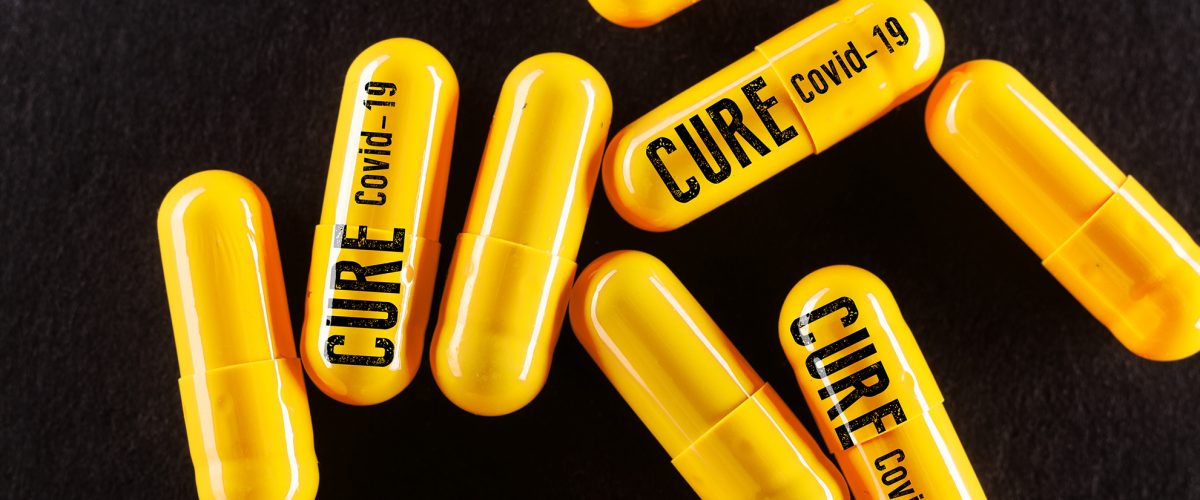Livy, the great poet of Rome, once said: “We have reached the point where we cannot bear either our vices or their cure.”
As was true for the Romans, so it is for us.
The political and social fabric of this nation has been deeply wounded for more than a decade now. We have been there before, yes. Through slavery and Civil War, segregation and Civil Rights; Korea and Communism; Viet Nam and militarism; Watergate and pessimism. We could go on. And now, the list of our national crises should also include measles, diphtheria, polio, AIDS, COVID and a host of other health crises our nation and world have coped with in the last two centuries.

David Jordan
We Americans are famous for finding creative solutions to seemingly intractable problems. And yet, Livy’s quote squares well with our current dilemma. Our politics, our very democracy, is at a crossroads. Our two political parties have wandered in the wilderness of lost identities and ill-defined parameters. And like our politicians, we are a nation starkly divided, increasingly lonely, politically despondent and progressively cynical.
Yet with Livy’s commentary, we cannot bear the vice, nor it seems, can we abide the cure. We have been paralyzed by fear, anger and a growing assurance of the absolute stupidity of those we oppose. Our disagreements have appeared as intractable as they are intolerable.
Religion in America: Alexis de Tocqueville, the astute French social philosopher, toured early America during the 1830s and catalogued prescient and insightful conclusions. In his critical work Democracy in America, he famously saw in the American experiment a “religious point of departure” so embedded in our collective psyche, it motivated then even as it does now.
Quoting from John Winthrop (1588-1649), the first governor of the Massachusetts Bay Colony, de Tocqueville detected a bedrock beginning as well as an echoing essence:
We must delight in each other, make others’ conditions our own, rejoice together, mourn together, labor and suffer together, always having before our eyes our community as member of the same body.
Indeed, in Winthrop, de Tocqueville saw “the whole destiny of America contained in the first Puritan who landed on those shores.” De Tocqueville also sensed a looming cloud within the broad horizons of America’s future. Winthrop envisioned a society based on and planned for the common good. This was a “moral freedom” he espoused, a true freedom birthed from a covenant between God and humanity; it is a liberty “to that only which is good, just and honest.”
“This liberty,” Winthrop said, “you are to stand for with the hazard of your lives.”
“Sadly, Winthrop couldn’t seem to abide his own cure.”
Sadly, Winthrop couldn’t seem to abide his own cure. He further represents how quickly high human intentions stumble over reality. From his Galatian quotes and platitudes of mutuality, he descends into pedantry when confronted with a strong, intelligent woman. He stood adamantly against the first female Christian teacher/preacher in the land, Ann Hutchinson. Her more progressive-minded faith and confident, biblical theological grounding intimidated him to the point of madness. His hopeful cure for the land crashed into a spiraling vice still spinning havoc in our own time.
In the sad primer of today’s resurgent and misplaced piety, Winthrop and his male clergy council condemned her, a strong, discerning woman with backbone enough to speak to her detractors as equals. Deemed a heretic and exiled, Hutchinson and her family became refugees in the Rhode Island of another exile, and the first Baptist on American soil, Roger Williams.
Ironically, the pseudo-spiritual anger now emerging from large swaths of the American landscape sprouts from an early American soil littered with bitter bones. John Winthrop was not a happy man. Angry, jealous and unwilling to yield power, his acrimonious final years soured whatever grace his earlier words might have conveyed. De Tocqueville discerned more sad demographic harbingers from this early Puritan’s overt piousity than he knew.
American liberty and individualism: Further, by the 1830s, de Tocqueville detected the growing seduction of unchecked individualism. This has only gotten worse. Sometimes referred to as “natural liberty,” and morphing into a “hyper-individualism,” we have lately been seduced into believing “my desires need to be met” and “my happiness is what matters” and my personal ability to “get what I want when I want it” increasingly flies as the standard for our political, moral and even spiritual decisions.
The seductive culture of my, me, mine has sadly further corrupted Winthrop’s communal, compassionate words. Therefore, we stumble toward an existential cultural crossroad.
“Pious intentions descend quickly into selfish justifications.”
The hyper focus on unchecked freedom to buy any gun at any time by anyone represents another tragic example of Winthrop’s own struggle. Pious intentions descend quickly into selfish justifications.
Winthrop began with an image from the Sermon on the Mount; then he quoted liberally from Galatians. His biblical hope was clear; his sermon set a lofty standard for the land that would become our home.
Let us now attempt a more authentic way forward. Hypocrisy lurks deeply in the shadowland of every one of us. Let’s be honest and recognize how ubiquitous are our own vices. We all fall short; we are equally intimated by those we deem stronger, better or smarter. We also need the best of us to uncover our common cure, to assuage our common and widespread woundedness.
But a cure that exceeds our vices demands this realistic acknowledgement: We are broken and incomplete; we are in need of a common cure. And at the least, our cure demands humility, compassion and a willingness to learn, grow and change for the better.
Livy’s prophetic words to the ancient Romans need not be our lingering epitaph. We can be better. We really have no choice. May God help us to truly seek a cure that exceeds our multiple human vices.


